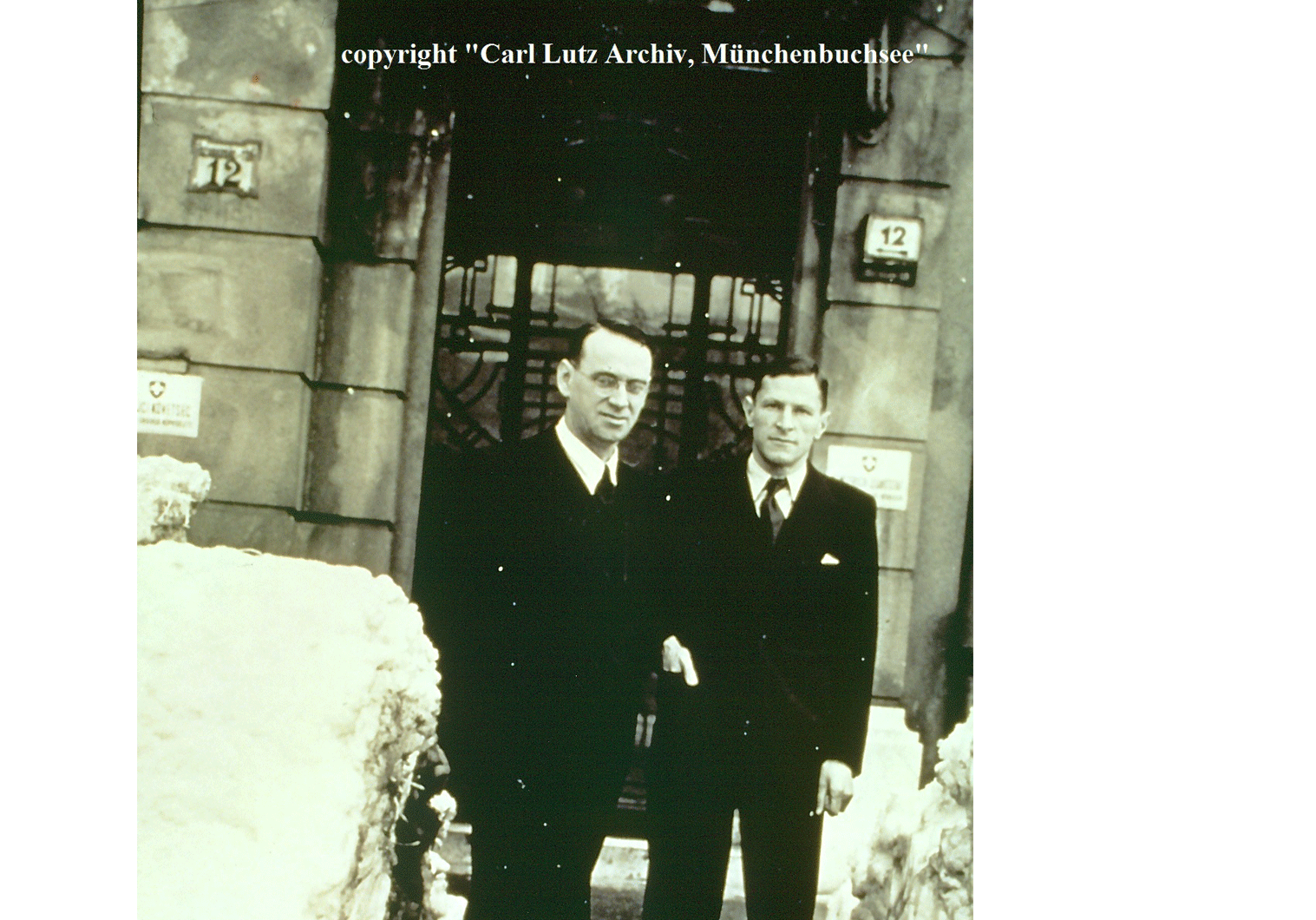1944 Budapest – life-saving passport extension
One of the tragic endings of World War Two was the destruction and systematic annihilation of Hungary’s Jewish community.
Germany’s last offensive operation of the war was the invasion of Hungary on March of 1944.
This was known as Operation Margarethe. Fearing Hungary’s separation from the Axis, and feeling betrayed by secret negotiations conducted by Hungary and the Allies, Hitler ordered on the capture of vital sections of the country. This was done during the so-called negotiations that where being conducted with Regent Miklós Horthy at Salzburg during March 15th to the 18th.
Upon returning back to his country, he found out that the country was under German control. Another operation was conducted later on the same year, October, to further secure Hungary to the German cause, this was called Operation Panzerfaust.
From then on wards the German’s began to implement the final solution in Hungary:
Adolf Eichmann was in charge of this “operation” that lasted right up to the point the Red Army entered the country. Between May to July, period of 10 weeks, the Germans gassed 437,000 Jews. At a rate of 10,000 a day where gassed & cremated, this process took only several hours once the victims arrived at Auschwitz death camp, situated in occupied Poland.
During this horrific period of time, not all was dark…there was some flickering of light. A handful of foreign diplomats stationed in Budapest decided to act and do something, to do the right and honorable thing, putting themselves at harm’s way and at great risk: to save as many Jews as they can. We can name several of these courageous individuals:
Raul Wallenberg, Per Anger, Friedrich Born, Carl Lutz, Giorgio “Jorge” Perlasca, Monsignor, Angelo Rotta, Lars Berg, and Hans Steiner.
Some of these individuals got recognition by Israel as Righteous Among the Nations, were others did not, those included lower ranking diplomats or clerks that assisted their superiors in aiding Jews. One of them was diplomat Hans Steiner, deputy to Carl Lutz of the Swiss legation in Budapest. He was working together, closely, with him in issuing permits, special protection papers and extending passports of those who were now under threat.
Hungary until March of 1944 was a refuge not only to its own Jewish citizens but also to other foreign Jews who sought refuge in the country and fled Nazi oppression, already from the 1930’s: Jews from Germany, Austria, Poland, Slovakia, former Yugoslavia, Holland, France and more lived relatively in peace inside its borders. But this all changed after March…
The passport here was issued to a German born, from Dusseldorf, young Jewish woman named Gertrude Markovitsch. It is not clear when she arrived in Yugoslavia, but already she was there in 1939, the year the passport was issued. She did not make extensive use of the passport, not odd due to the war breaking out already in 1939. We can presume that she found refuge, once again, in neighboring Hungary before the German occupation from May 1941. There is one trip to Switzerland in 1940 and returning back.
The passport here with the life-saving extension most likely saved her life. Hans Steiner issued the first extension in 1943 and again during the crucial period of occupation on April 24th 1944.
Hans Steiner:
A brief biography of this courageous diplomat – Born in 1910 in Berne, he worked at the Division for the Protection of Foreign Interests of the Swiss legation in Hungary, starting from January 1942 until 1945. Later on he served at South Africa and Iraq, then retiring in 1972.
It is through the selfless & courageous acts of individuals, with or without the consent of their superiors, that many Jews survived the war and lived freely. They managed, from the ashes of war, to build families and see their grandchildren grow.
I would also like to personally thank Agnes Hirschi (daughter of famed and heroic Diplomat Carl Lutz) for her contribution to this article in valuable information & images.
Thank you for reading “Our Passports”.









